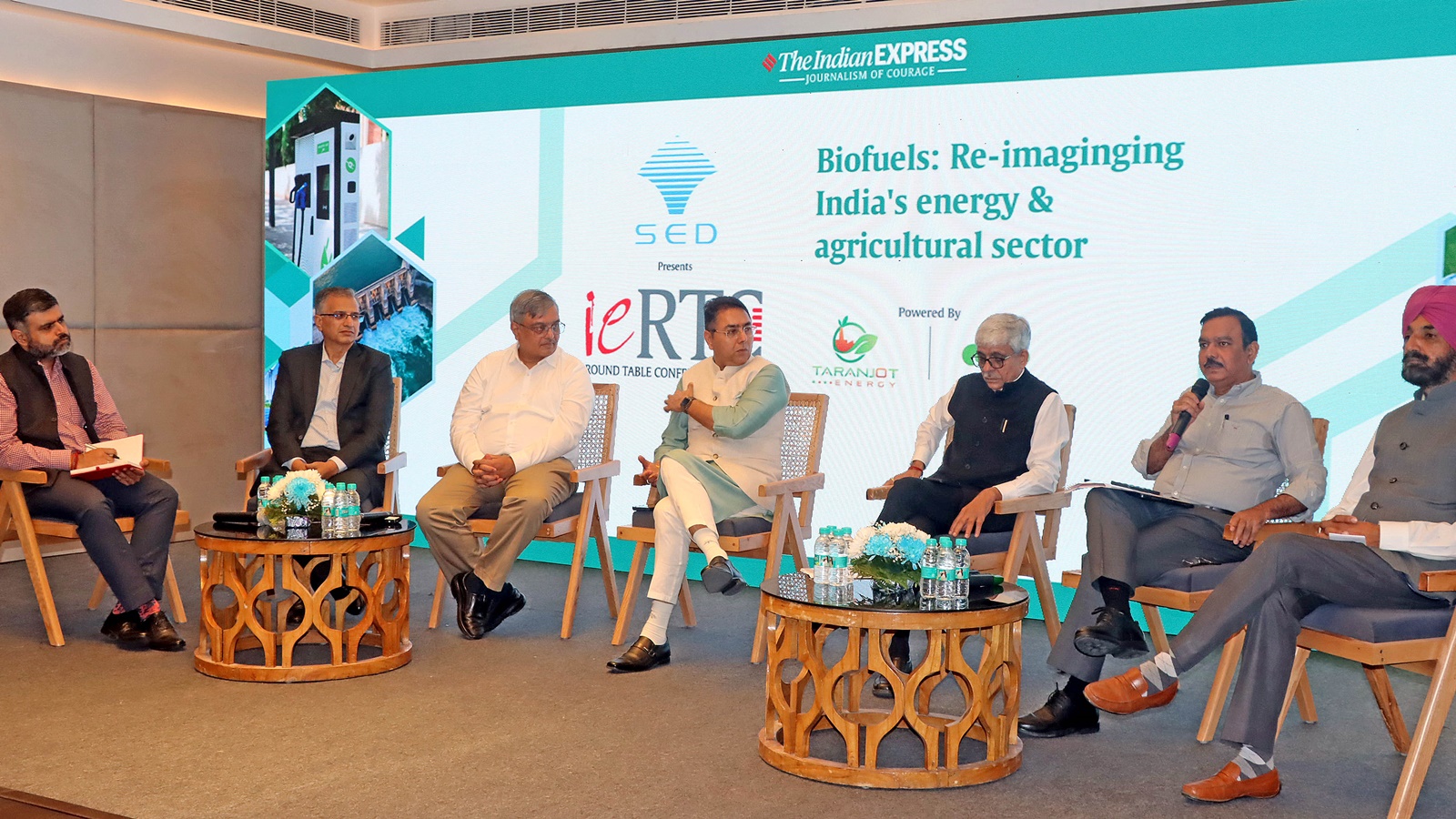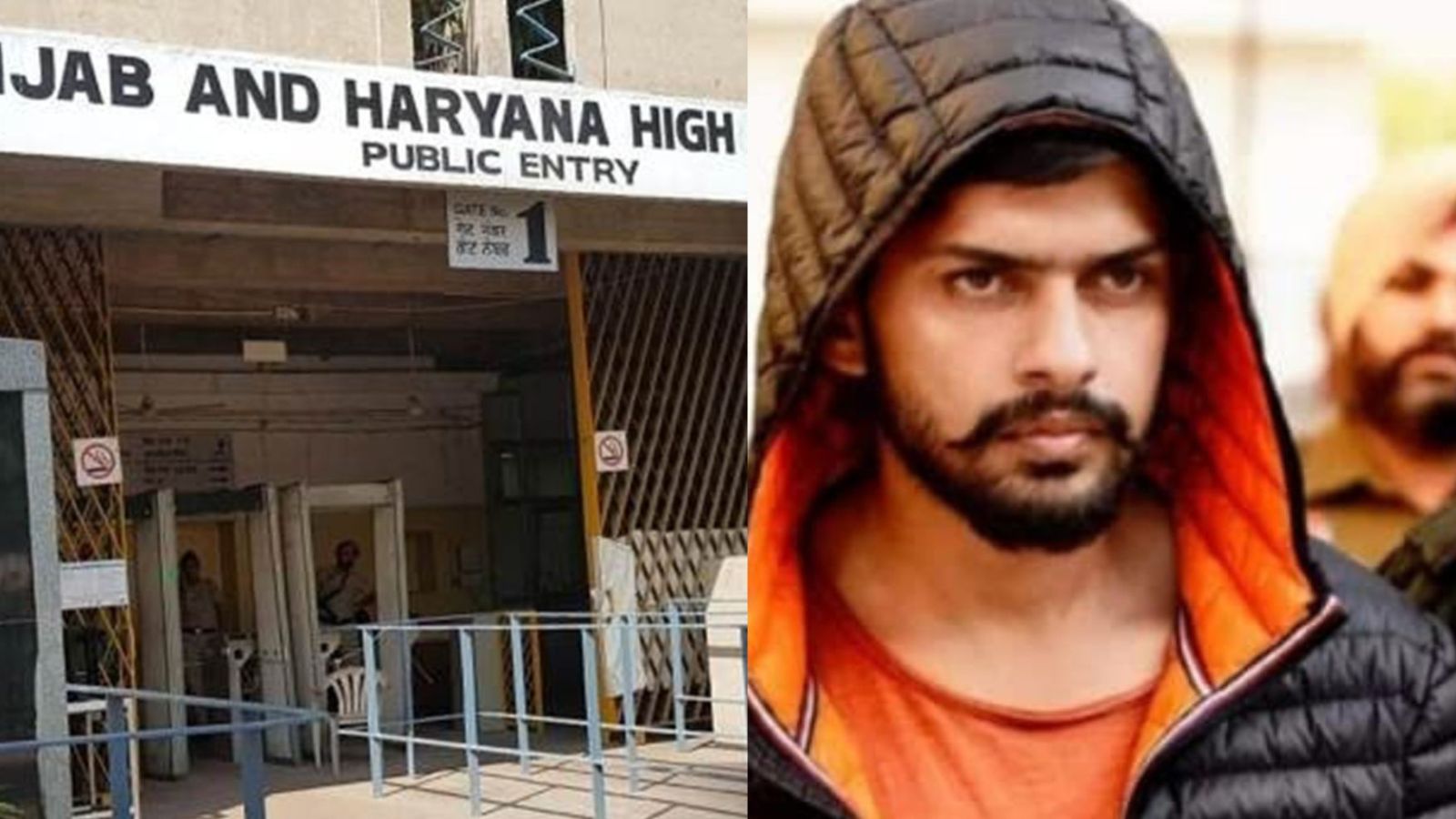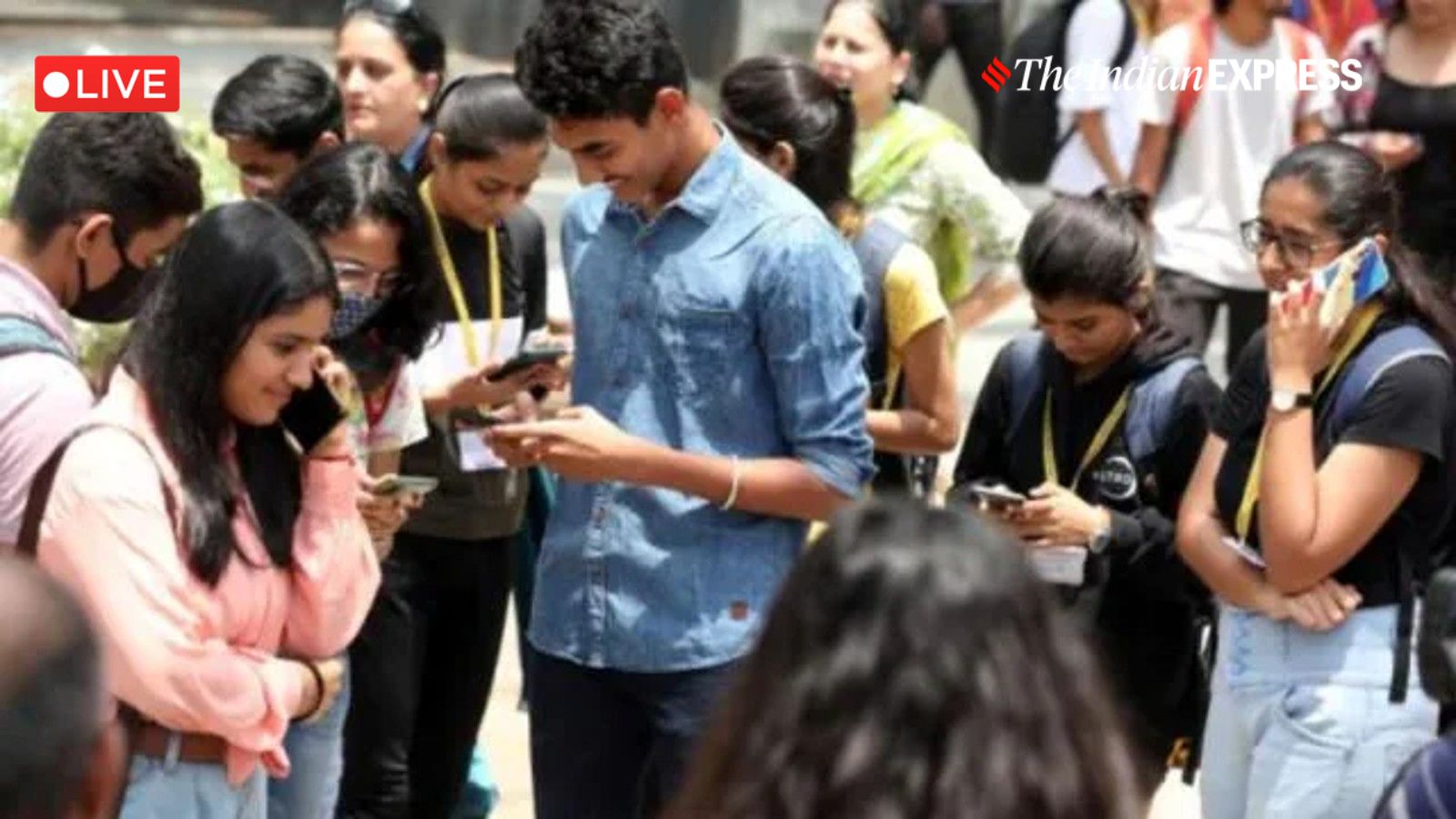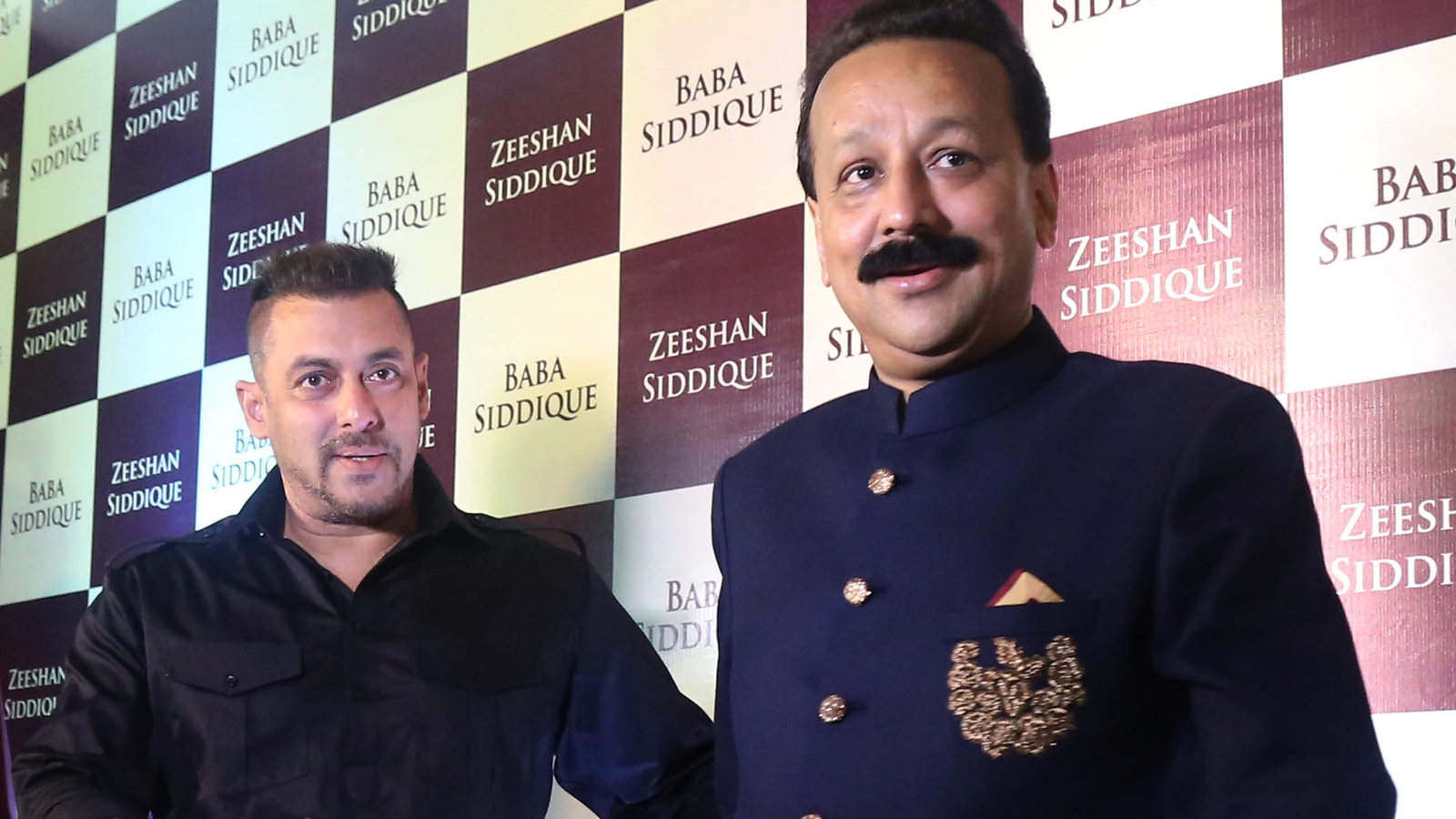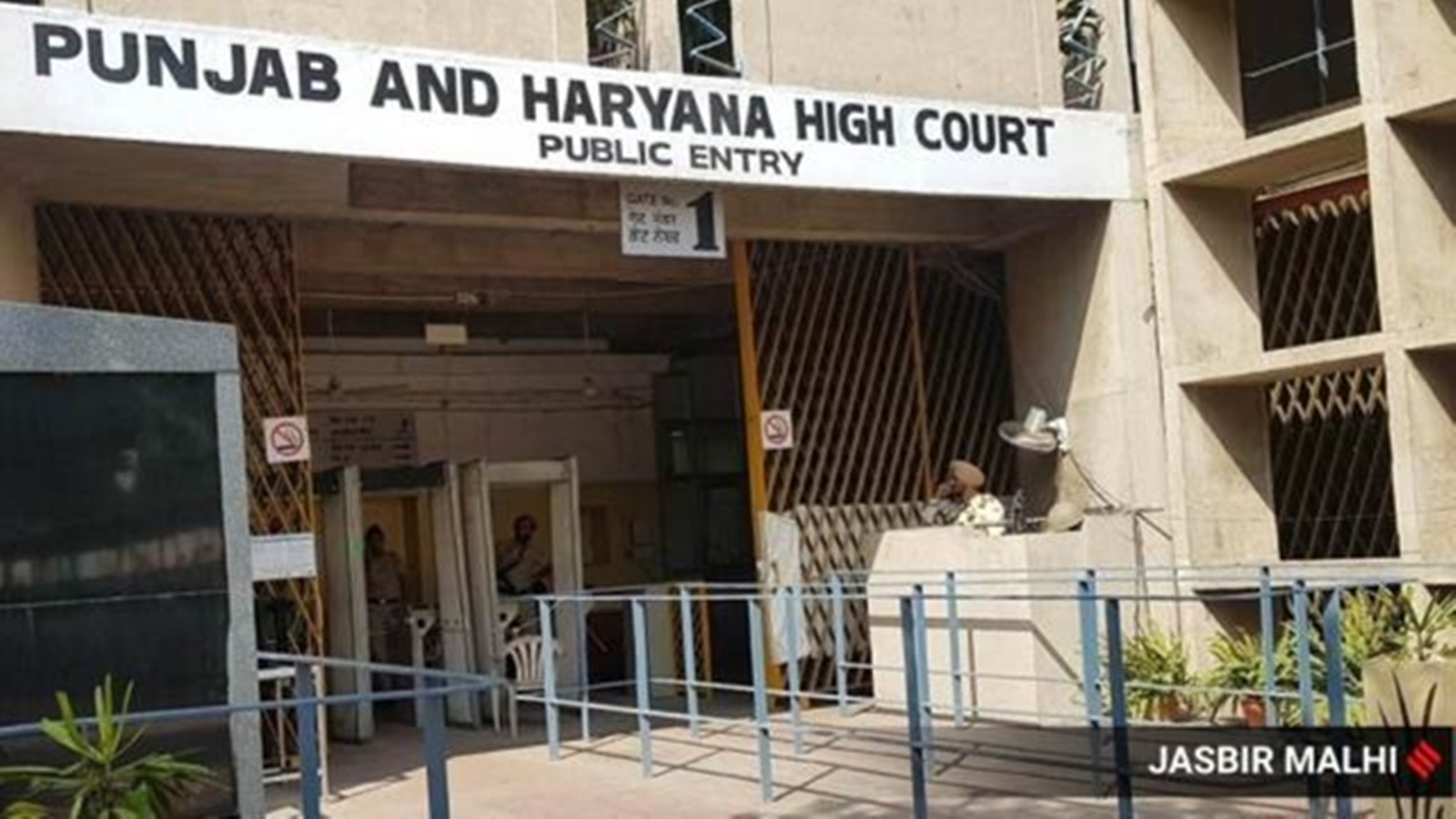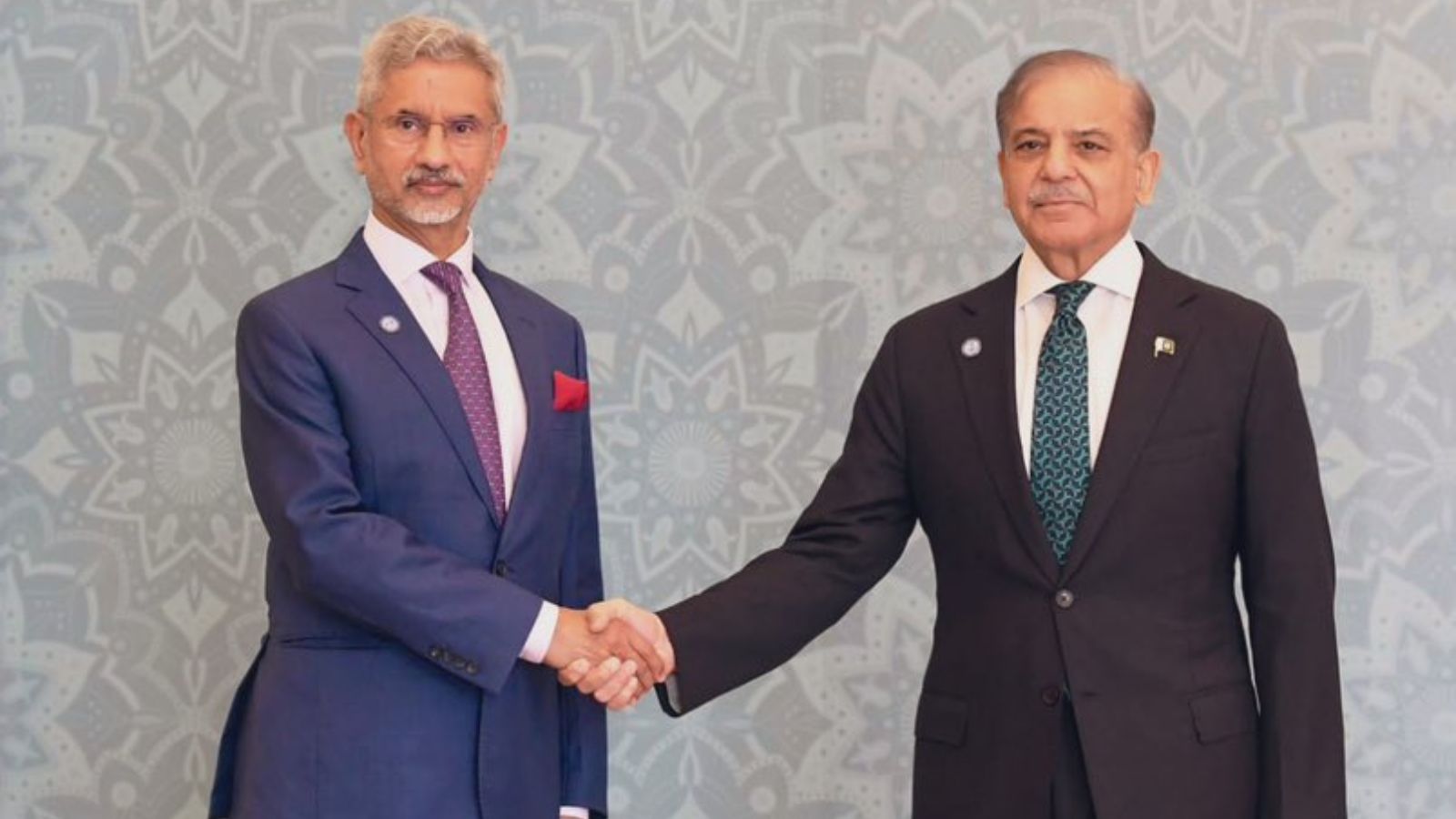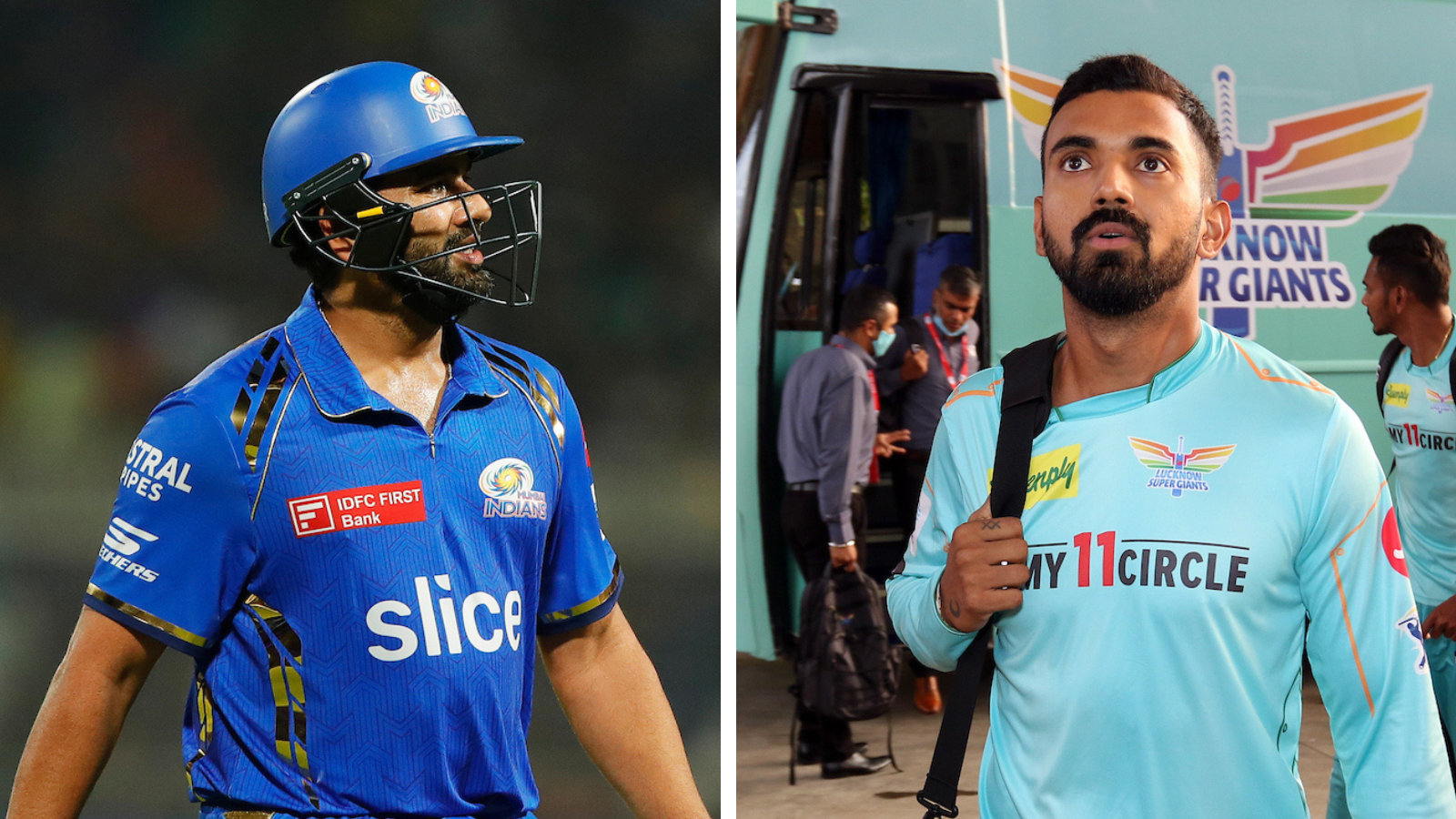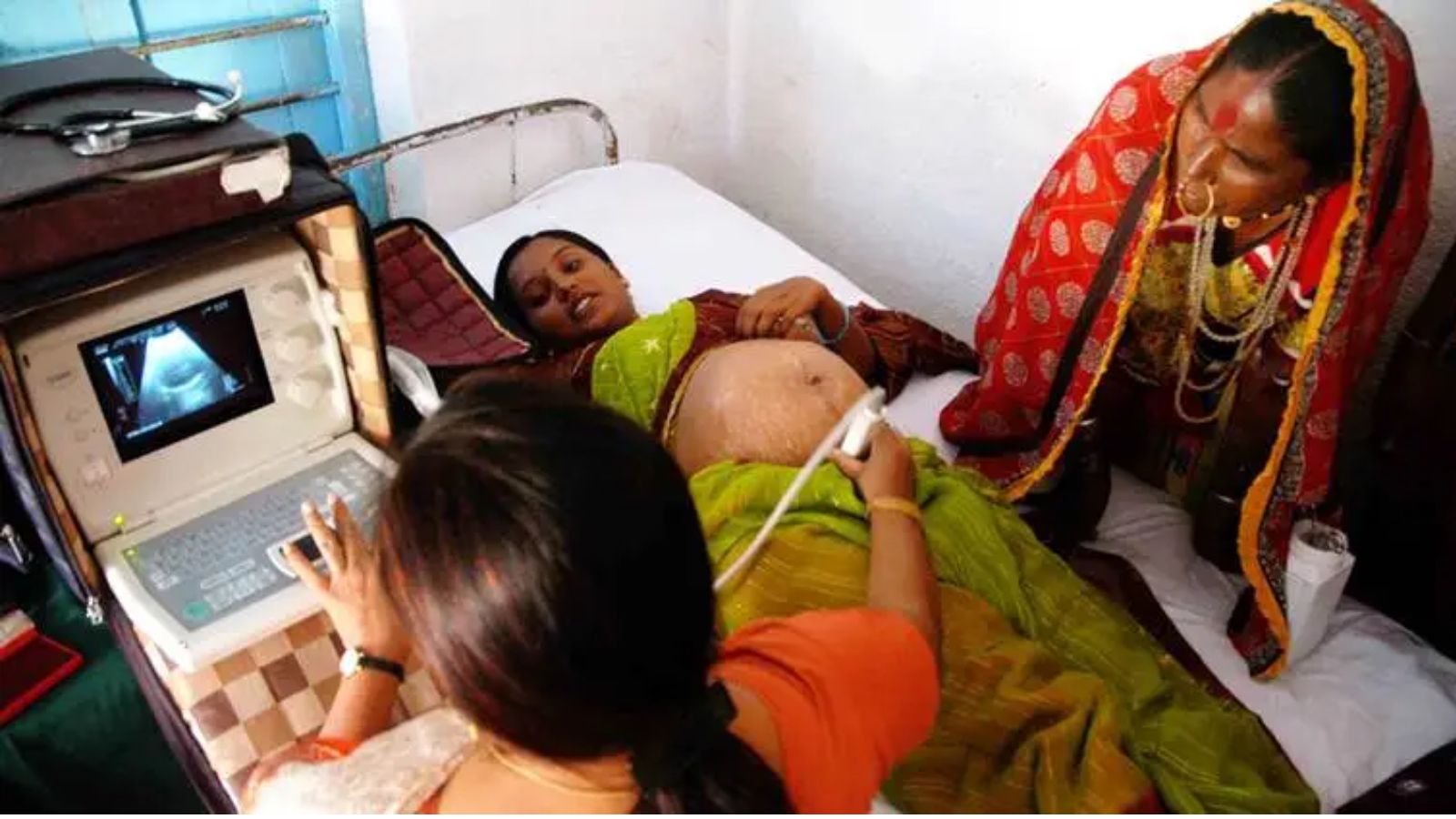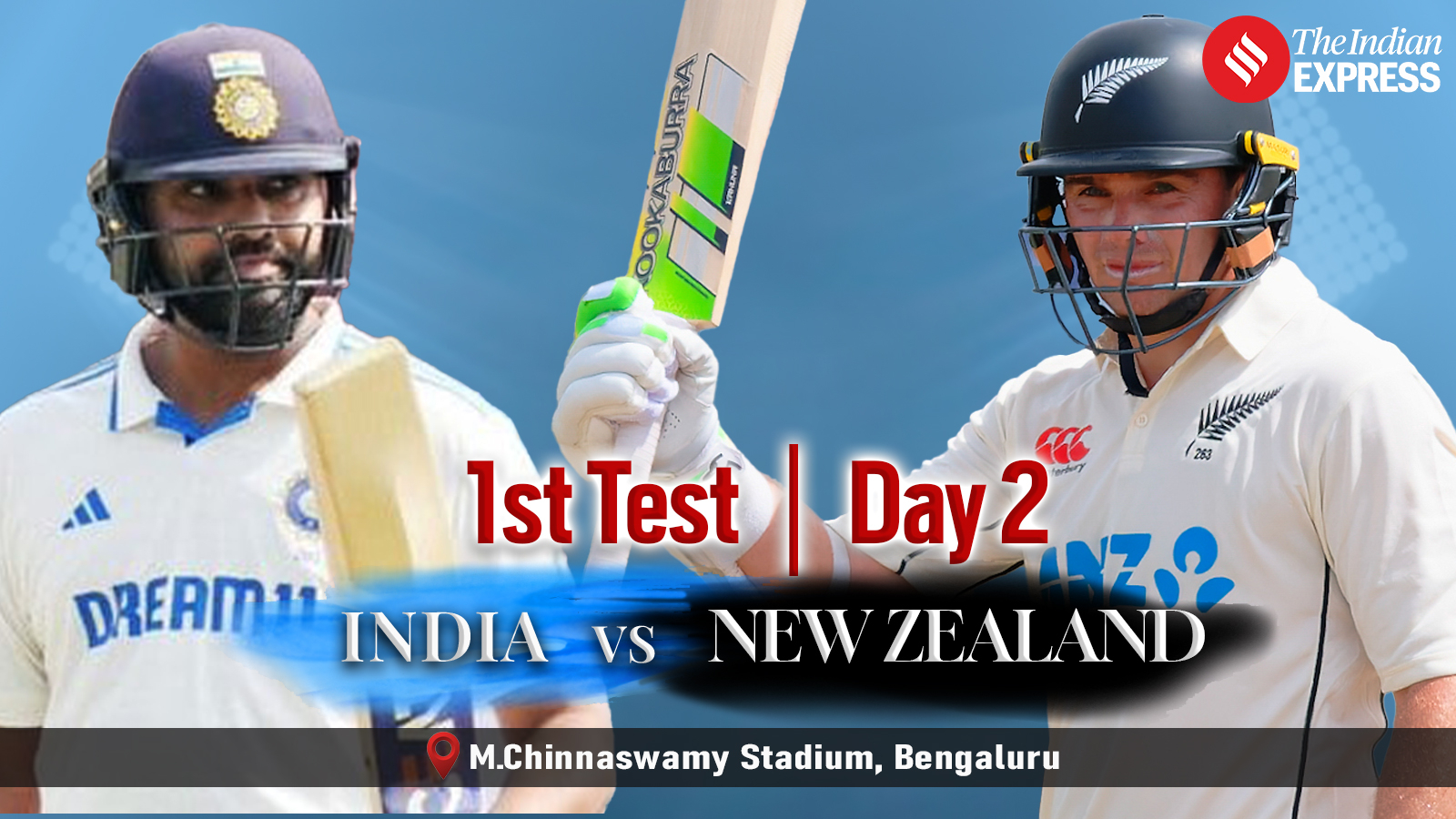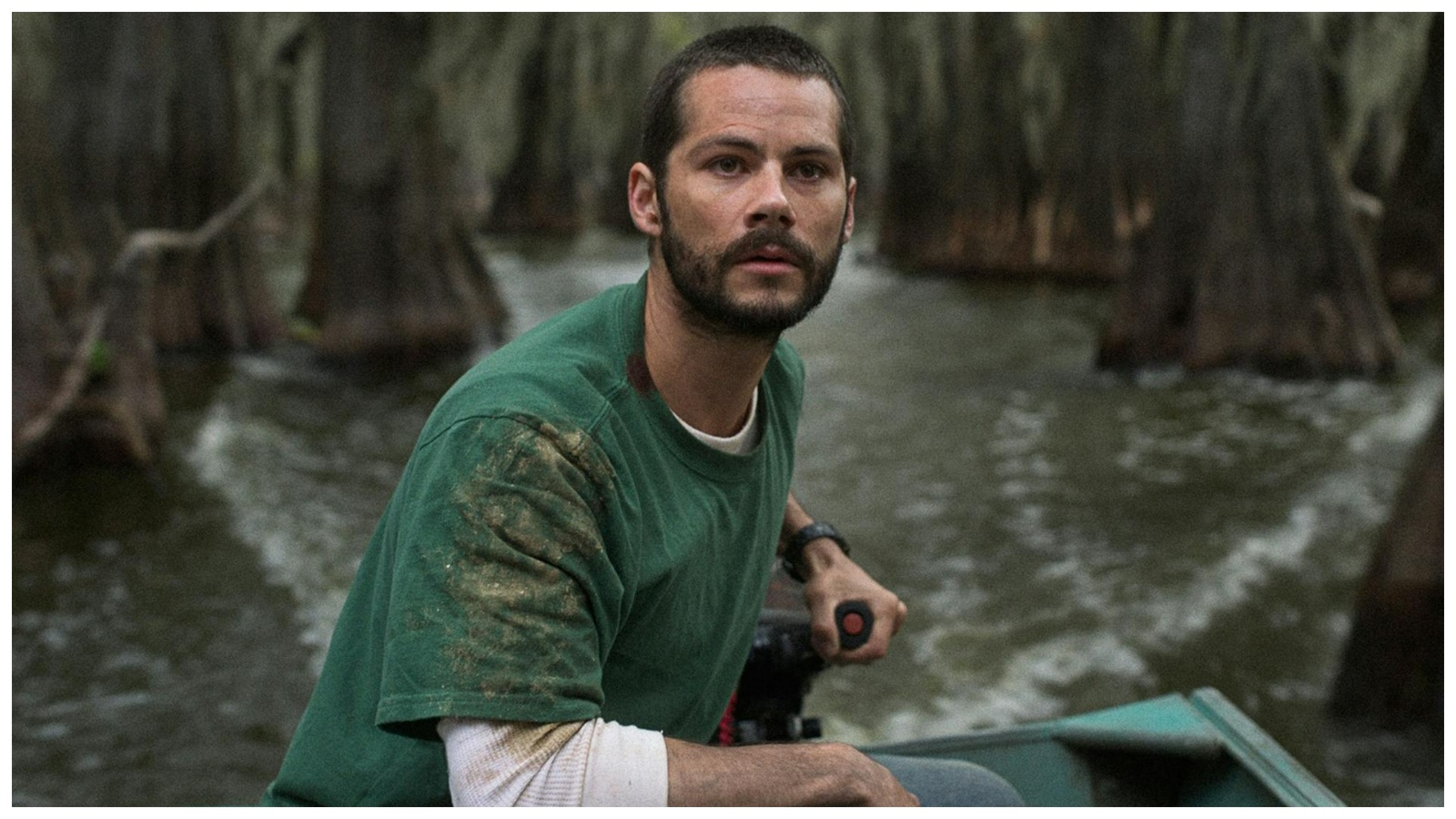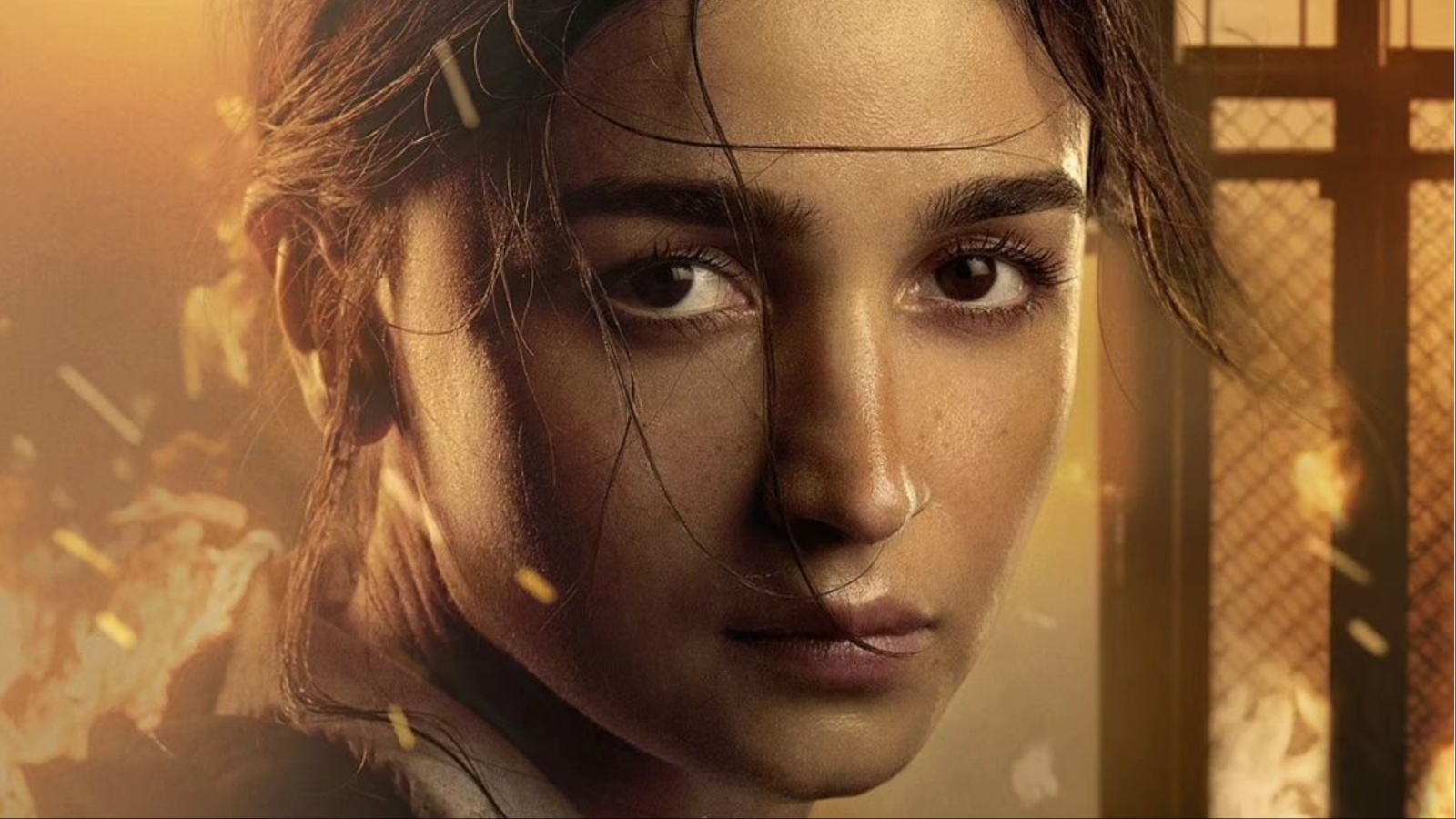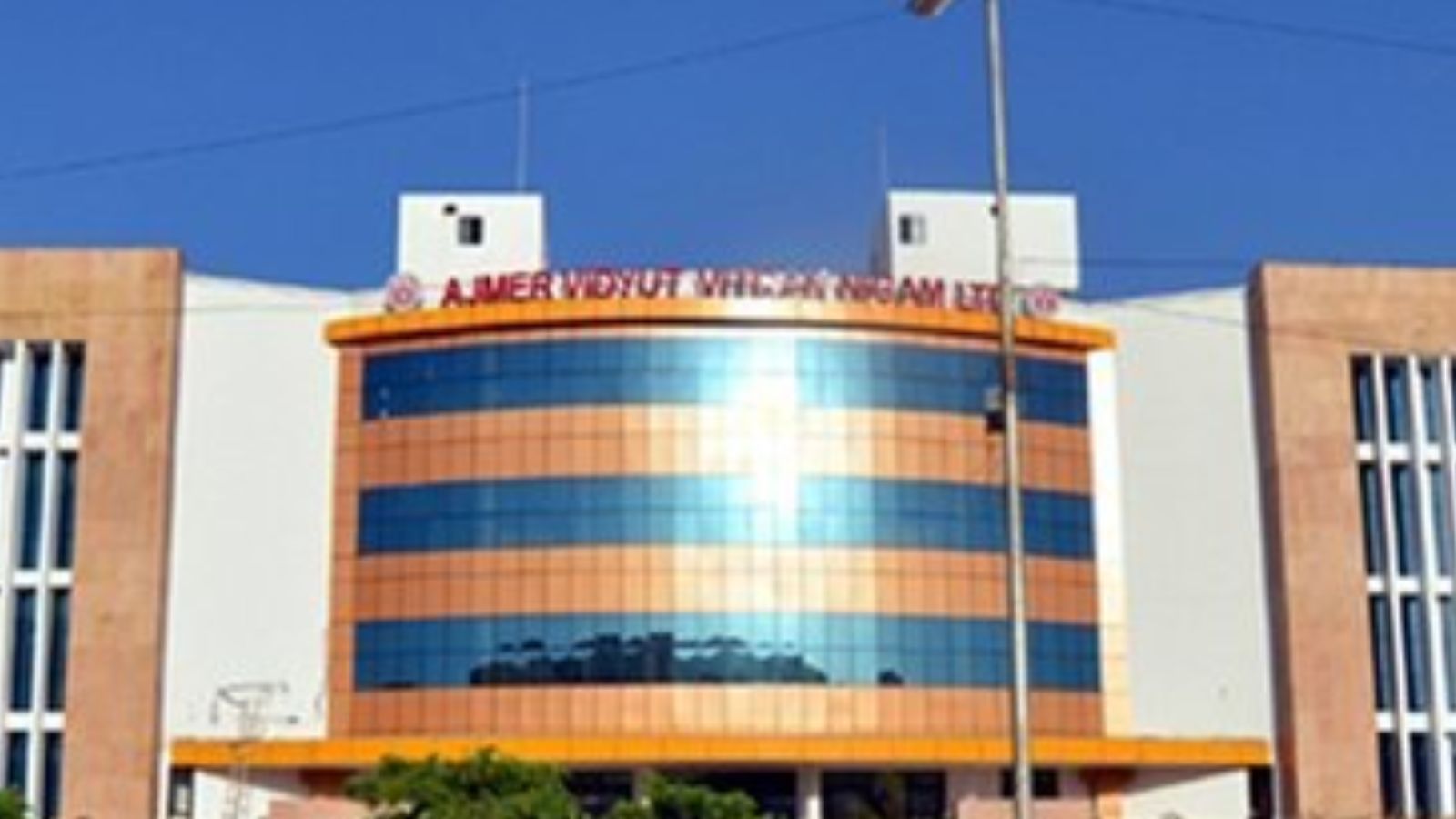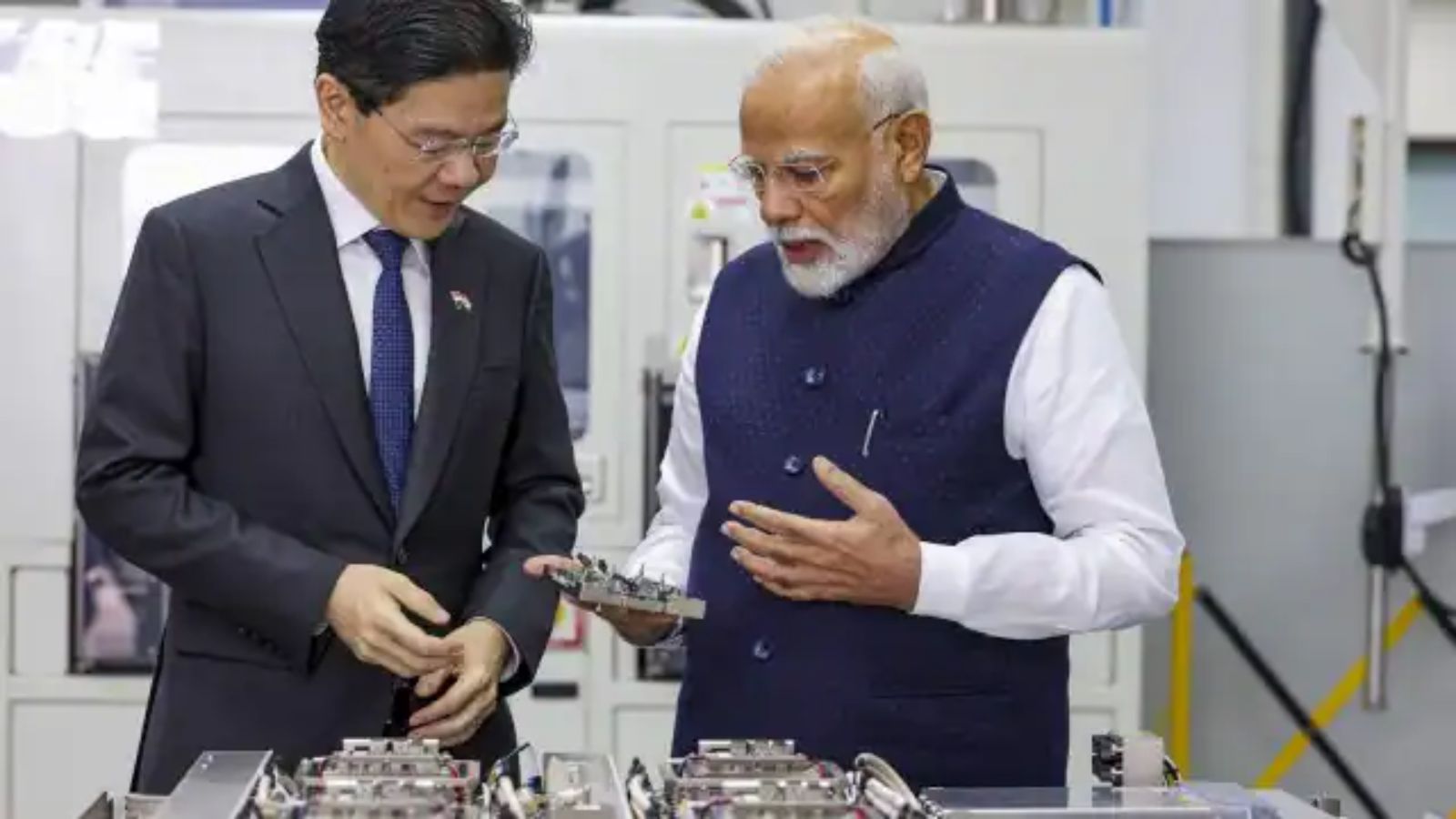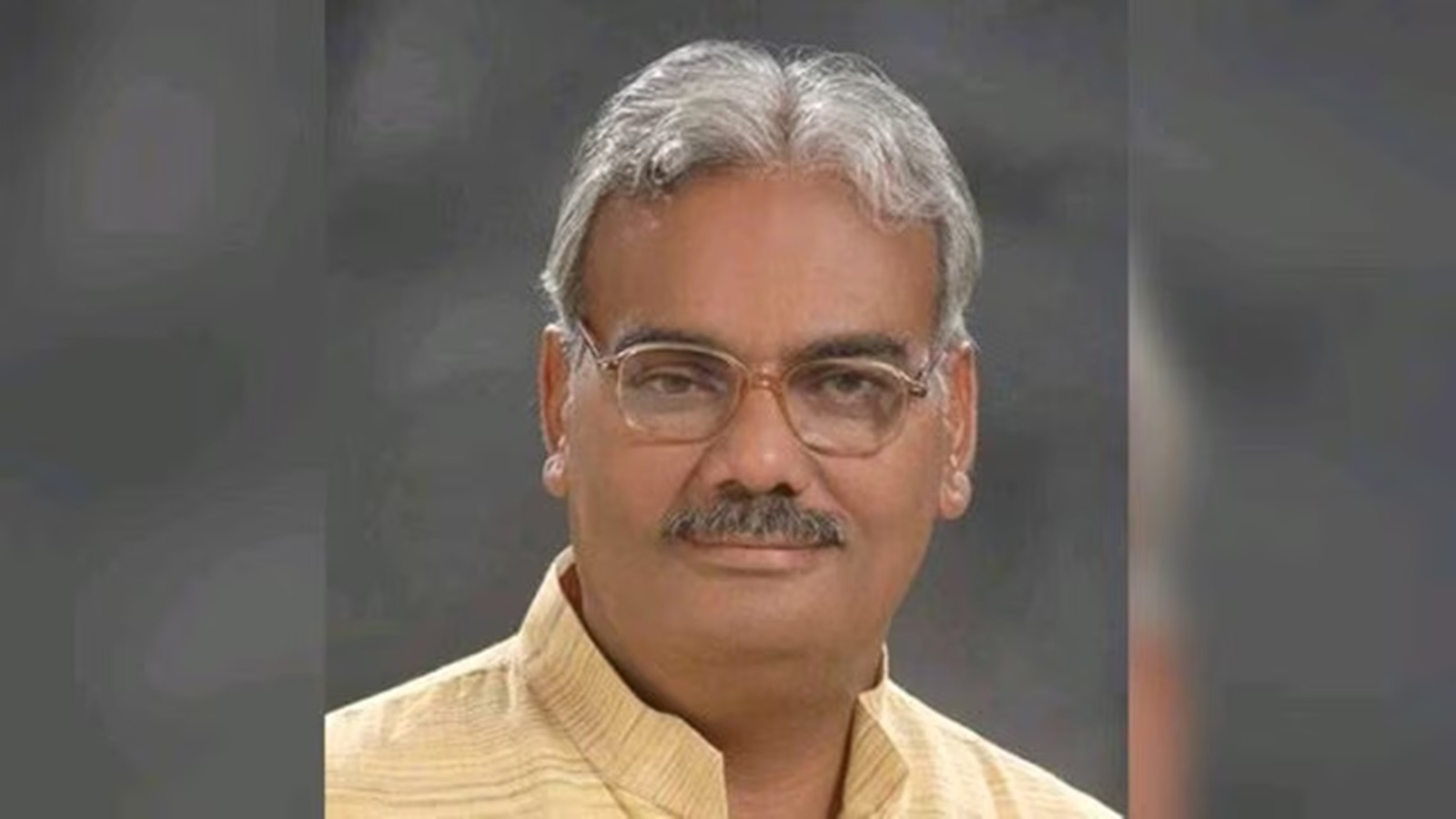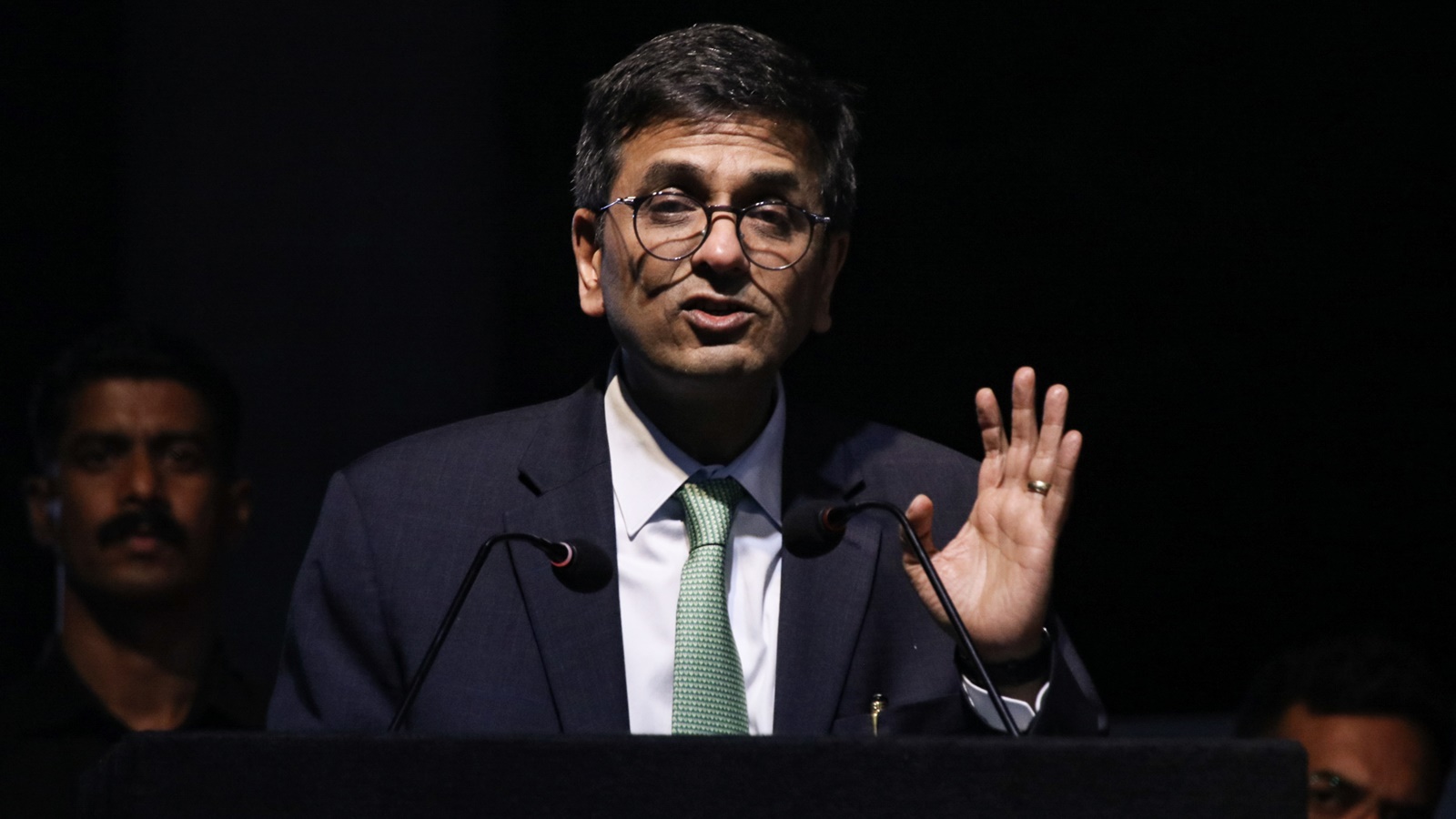When writer-director Payal Kapadia’s ‘All We Imagine As Light’ opens the upcoming edition of MAMI Mumbai Film Festival on Friday evening with its special screening at Mumbai’s Regal Cinema, it will mark a homecoming of sorts for her debut feature that’s set in the chaotic and demanding world of the megalopolis. After winning the Grand Prix at the Cannes Film Festival earlier this year , travelling to some of the top international festivals as well as releasing in theatres of Kerala and France, it is about time that ‘All We Imagine As Light’ is screened for the audience in the same city where its three lead female characters work and navigate myriad emotions. While Kapadia calls it “a tremendous honour”, the film’s distributor, and MAMI board member, actor Rana Daggubati believes that by inaugurating the festival with this film, MAMI carries forward its mission to “champion independent voices”. In November, the film is scheduled to have a nationwide release. According to Daggubati, his Spirit Media distributing Kapadia’s film marks “the beginning of a beautiful partnership between mainstream and alternative cinema”. He says: “Let’s move forward with it and I’m sure we will see more such partnerships.” For Kapadia, whose earlier films ‘Afternoon Clouds’ (short, 2015) and ‘A Night of Knowing Nothing’ (documentary, 2021) had only special and festival screenings in India, finding a supportive distributor means a lot. “It is great as an indie filmmaker not to worry about the movie’s distribution”, says Kapadia. Her biggest joy is that “people will be buying a ticket to watch” her film. The coming together of Kapadia, an indie filmmaker with pronounced arthouse sensibilities, and Daggubati, a popular mainstream star of movies such as Baahubali: The Beginning (2015) and Baahubali 2: The Conclusion (2017), can be hailed as a major development in Indian cinema. Daggubati has been on the lookout “for independent voices that can tell cinematic stories” and has backed several Telugu films in the past. “Earlier, Spirit Media had never ventured beyond (Telugu films) since it is not easy to put out our independent cinema in this commercial world”, says Daggubati. However, when the actor-producer watched ‘All We Imagined As Light’, he was excited about its craft and aesthetics. “It was the right film for us to put the muscle behind and take it around the country. The film is truly pan-Indian in that sense. You will connect to the Mumbai city, immigrants living there and creating a life for themselves,” he says. When they met, Kapadia liked that Daggubati had a well-thought out distribution plan for her film “so that it won’t be lost when released in theatre”. Emphasising on blurring the language barriers while promoting Indian movies, Daggubati says: “When I used to work in Mumbai earlier, I suggested releasing the film in Telugu. The makers never got it. Ditto when I talked about releasing a Telugu film in Hindi. I made ‘The Ghazi Attack’ (2017), Hindi producers thought I am making a Telugu film and vice versa. We shot it in both languages. That’s how we released it. It was a story set in a submarine and it did not matter in the language it was in.” After the massive success of ‘Baahubali’, Daggubati believes, the filmmaker started thinking of projects with pan-Indian appeal. “In India, once we know something works, we scale it up. It is ultimately about knowing your audience and finding them,” he adds. Click for more updates and latest Bollywood news along with Entertainment updates . Also get latest news and top headlines from India and around the world at The Indian Express . None
Popular Tags:
Share This Post:
SC to rule on legality of Citizenship Act provision in Assam
- by Sarkai Info
- October 17, 2024
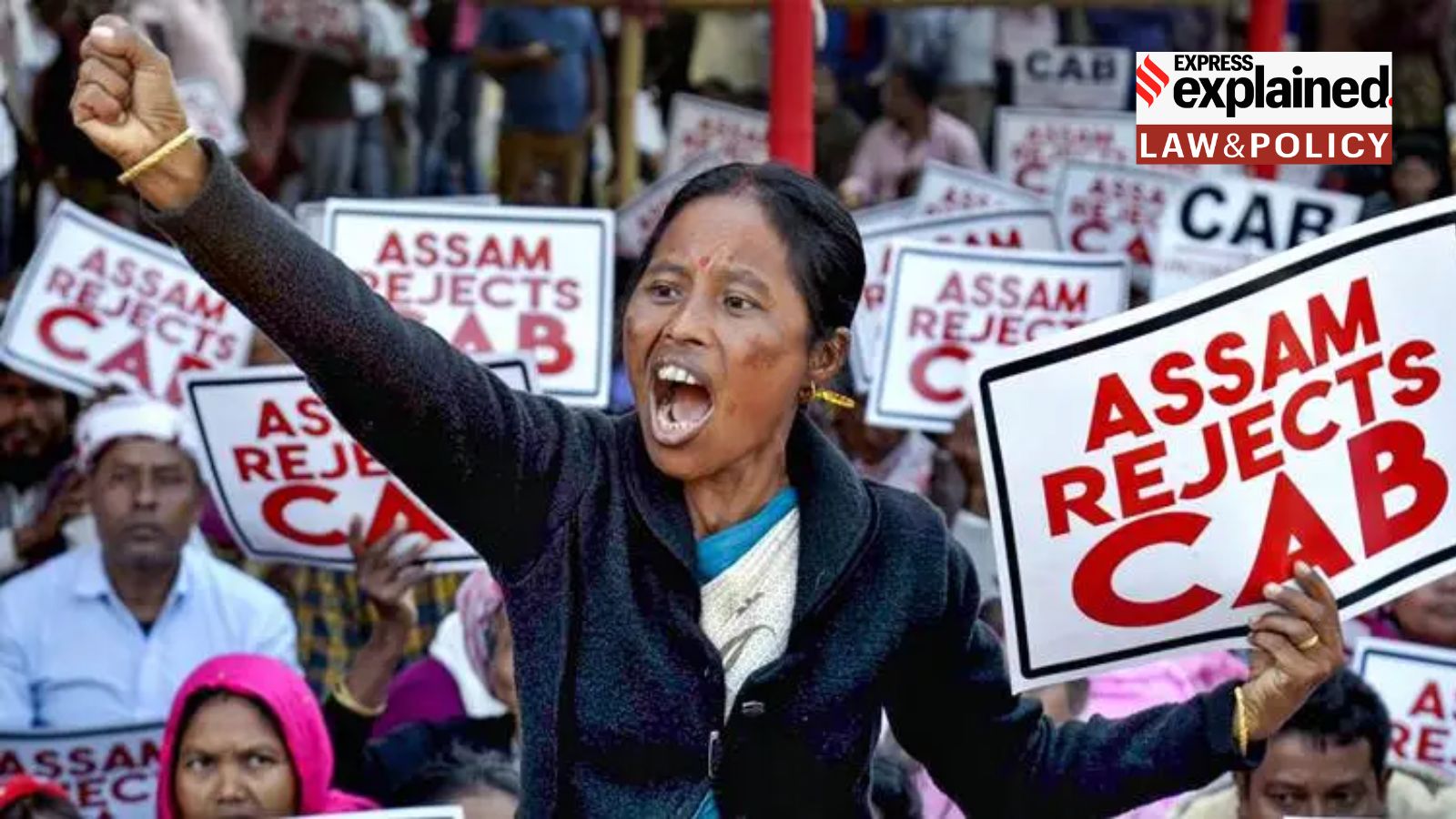
What’s New
Spotlight
Today’s Hot
The spread of sex selection in India: Not just the foreign hand
- By Sarkai Info
- October 17, 2024
Featured News
Is overusing painkillers harming your stomach and kidney?
- By Sarkai Info
- October 17, 2024
Why climate change is a national security issue
- By Sarkai Info
- October 17, 2024
Latest From This Week
Vasan Bala’s unabashed cinephilia nearly salvages a lacklustre Jigra
ARTICLE
- by Sarkai Info
- October 17, 2024
Subscribe To Our Newsletter
No spam, notifications only about new products, updates.



